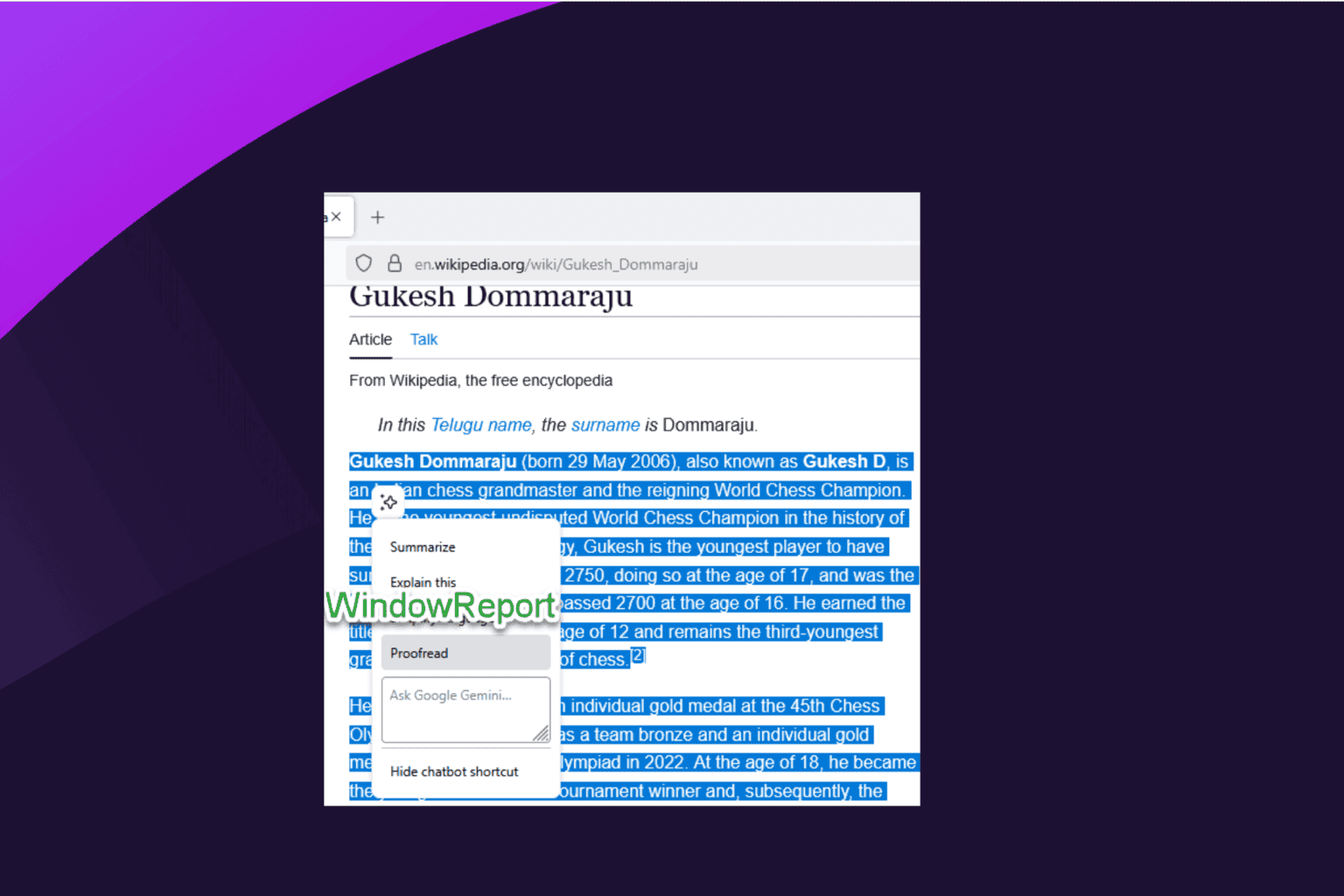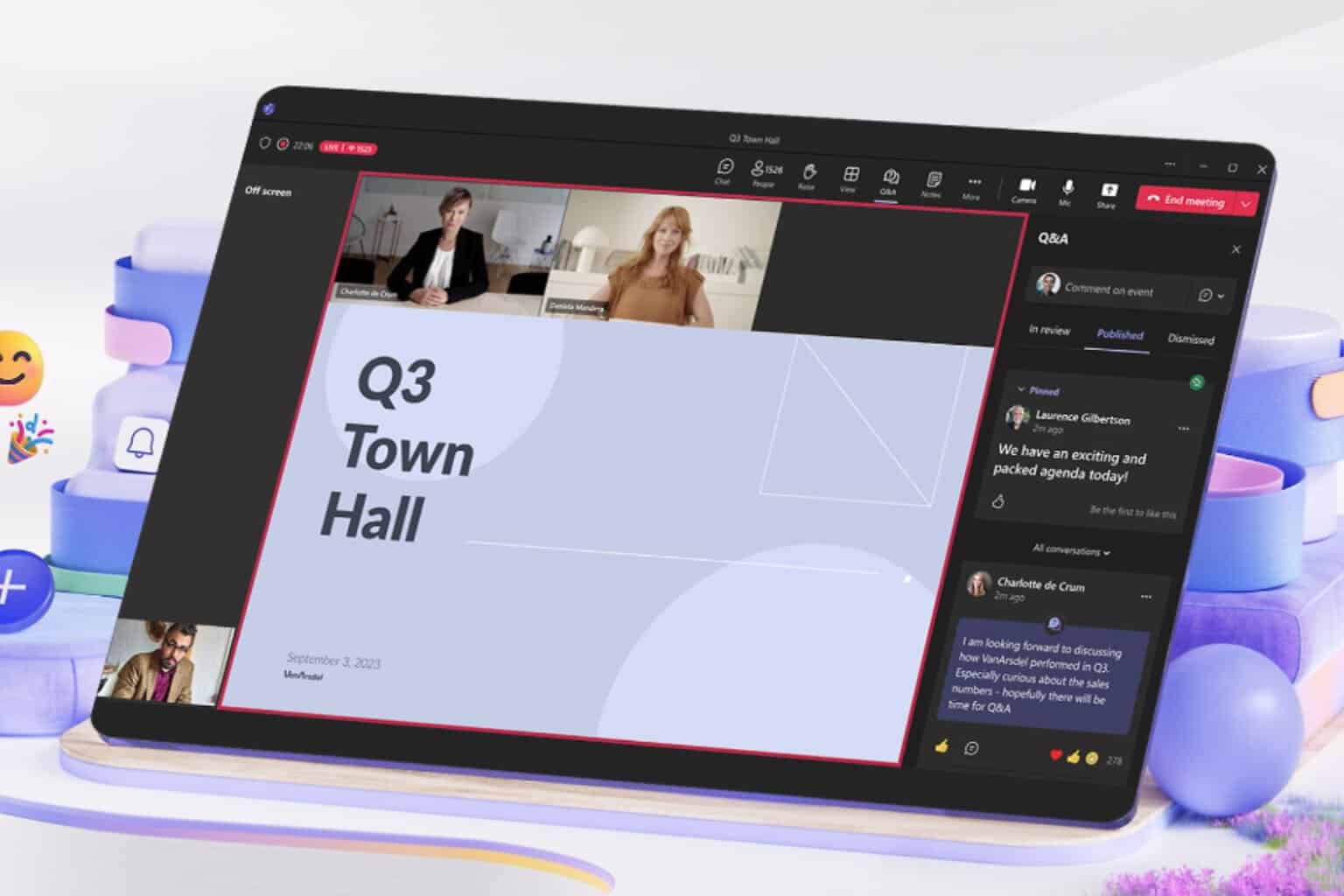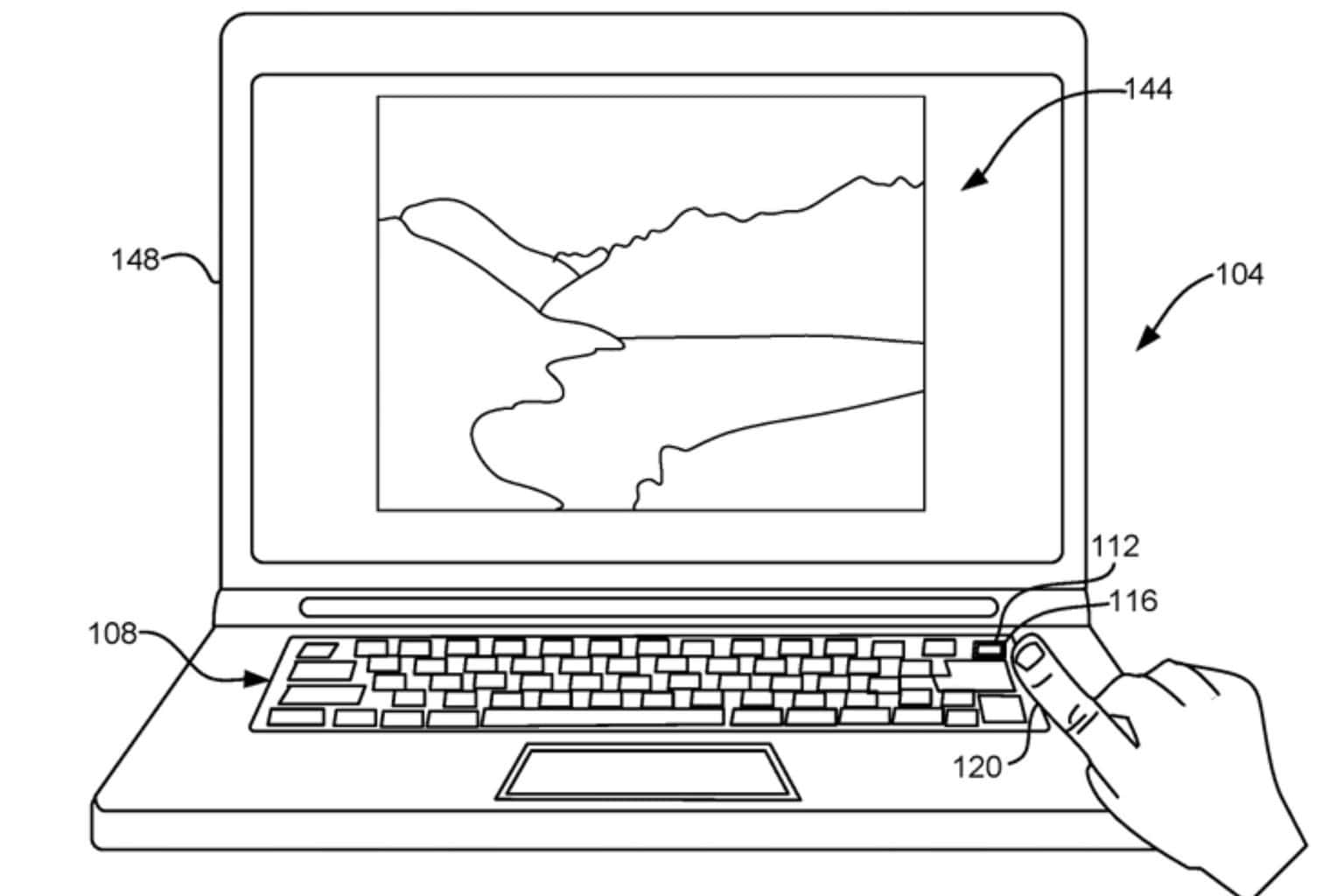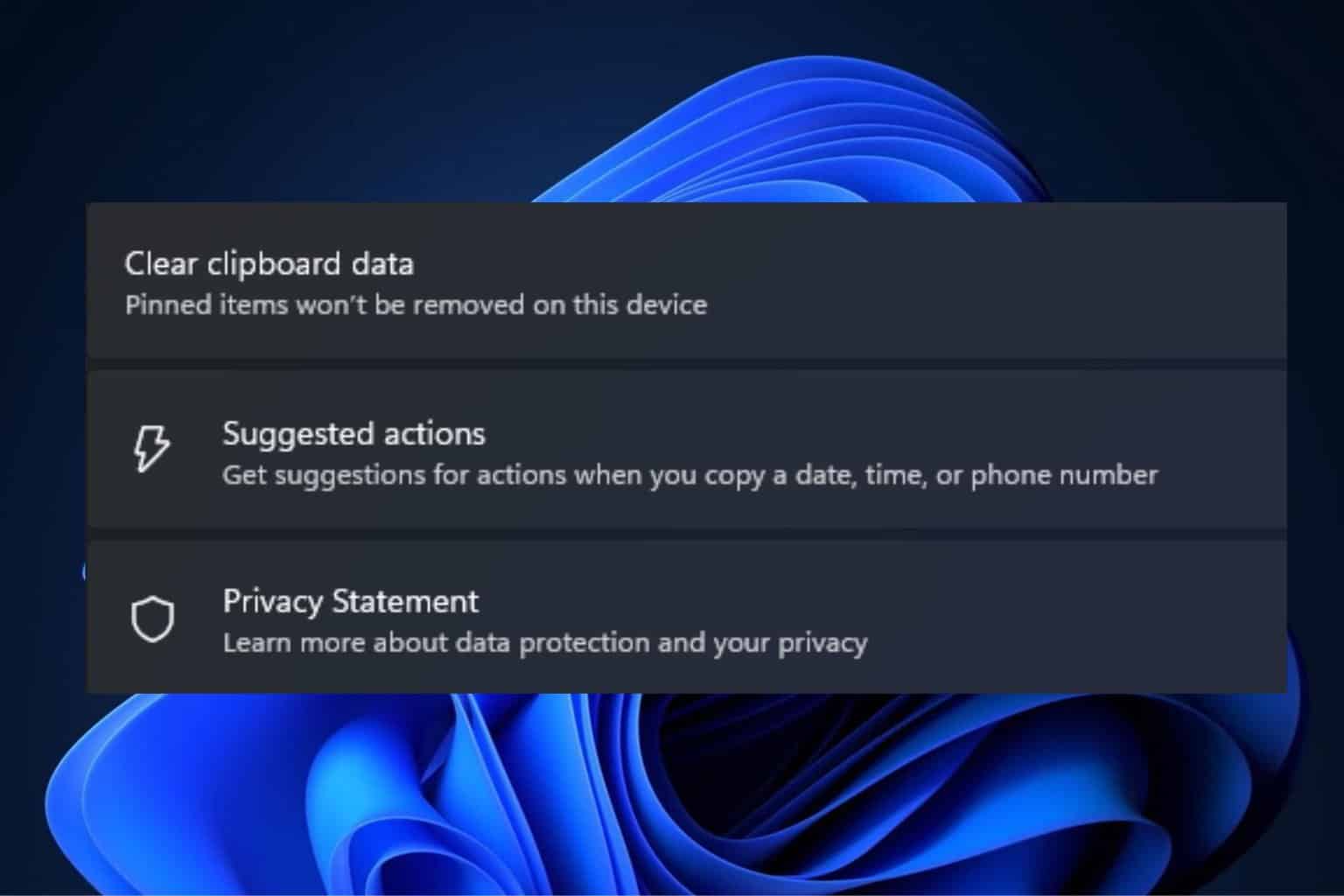Microsoft Fabric: An AI-powered data analytics platform that revolutionizes data management
It enables data source unification and gives feature rich user experience
4 min. read
Published on
Read our disclosure page to find out how can you help Windows Report sustain the editorial team. Read more

We can’t stress enough the importance of data and analytics in today’s business world. They help organizations make informed decisions, facilitate new innovations, and increase efficiency. However, you might struggle if you don’t have the right tools to manage and analyze your data.
That’s where Microsoft Fabric comes in. It is an AI-powered data analytics platform that can simplify and future-proof data estate.
The platform promises to change the way businesses connect and analyze data by seamlessly integrating cutting-edge capabilities while keeping up with the latest trends in data and analytics. Learn more about Microsoft Fabric.
Makes data management easy
Microsoft Fabric is a comprehensive data platform that allows organizations to unify, analyze, transform, and unlock value from their data within a single software-as-a-service (SaaS) experience.
It provides a range of workloads and tools to meet each organization’s unique needs, which makes data management efficient and accessible. These are stand-out features mentioned in the official blog post:
- A completely redesigned workload, Real-Time Intelligence, that brings together and enhances Synapse Real-Time Analytics and Data Activator to help you analyze and act on high-volume, high-granular event streaming data and even explore your organization’s real-time data in the new Real-time hub.
- New tools like the Fabric Workload Development Kit, Application Programming Interface (API) for GraphQL™, and “user data functions” can help developers build powerful solutions on the Fabric platform.
- A new feature in the Microsoft Azure Data Factory experience called Data workflow, powered by Apache Airflow runtime, that can help you author, schedule, and monitor workflows or data pipelines using Python.
All of these can help in streamlining data, which simplifies the process of data discovery, management and utilization.
Empowering insights with AI integration
Microsoft Fabric comes with AI capabilties which elevates its value, as it allows businesses to use the benefits of generative AI across their data workflows.
Fabric has generative AI in every layer which empowers data professional to use its benefits in the right context and scenario to get more done, faster.
The integration of Copilot in Fabric will help organizations unlock the full potential of their data as it will assist you in code generation, data visualization and machine leanring model building.
With Copilot, you can create report, summarize insights into narrative summaries, and explore real-time data with ease, to improve productivity and make decision faster.
In addition to this, Fabric’s AI skills feature also comes with a conversation Q&A experience, which will allow you interact with data intuitively and get insights via natural language.
Seamless integration and partnerships
As Microsoft Fabric has collaboarted with Snowflake and Adobe, it shows its commitment to open data formats, and interoperabiltiy.
The integration with Snowflake allows you to anaylze data across both platforms seamlessly, the partnership with Abode will allow Adobe Experience Platform (AEP) and Adobe Campaign to federate enterprise data from Fabric. These types of collaboration will empower customers to create and enrich audiences for engagement without transfering data.
Furthermore, integration with Azure Databricks allows users to get a unified experience across both products, which allows them to leverage correct tools for any given scenario.
With access to Azure Databricks Unity Catalog tables directly within Fabric and and federating OneLake as a Remote Catalog in Azure Databricks, companies can streamline data management and analysis, thereby making the entire data and AI lifecycle efficient.
Microsoft also mentioned comments from existing Fabric users, here is what Tammy Wigg, Chief Data Analytics Officer at Aurizon, Australia’s largest rail freight operator has to say:
With Microsoft Fabric, we’ve answered many of our questions about navigating future growth, to remove legacy systems, and to streamline and simplify our architecture. A trusted data platform sets us up to undertake complex predictive analytics and optimizations that will give greater surety for our business and drive commercial benefits for Aurizon and our customers in the very near future.
Jimmy Grewal, Managing Director of Elcome said:
Microsoft Fabric Real-Time Intelligence has been the essential building block that’s enabled us to monitor, manage, and enhance the services we provide. With the help of the Real-time hub for centrally managing data in motion from our diverse sources and Data Activator for event-based triggers, Fabric’s end-to-end cloud solution has empowered us to easily understand and act on high-volume, high-granularity events in real-time with fewer resources.
To conclude, Microsoft Fabric, a sign of paradigm shift in data management and analytics, is a platform which fosters innovation, simplify data complexities, and empower organizations to harness the potential of their data.
What are your views on this new data analytics platform? Share your views with our readers in the comments setion below.








User forum
0 messages